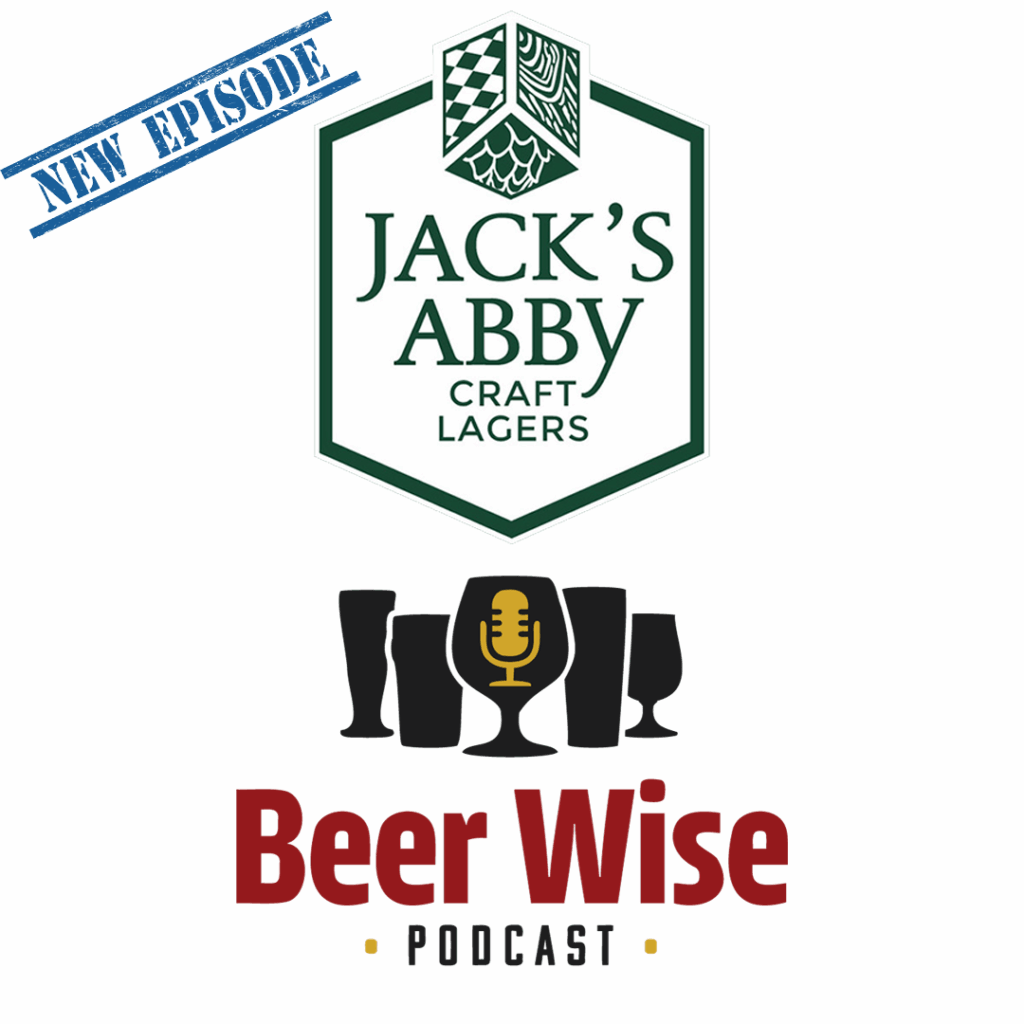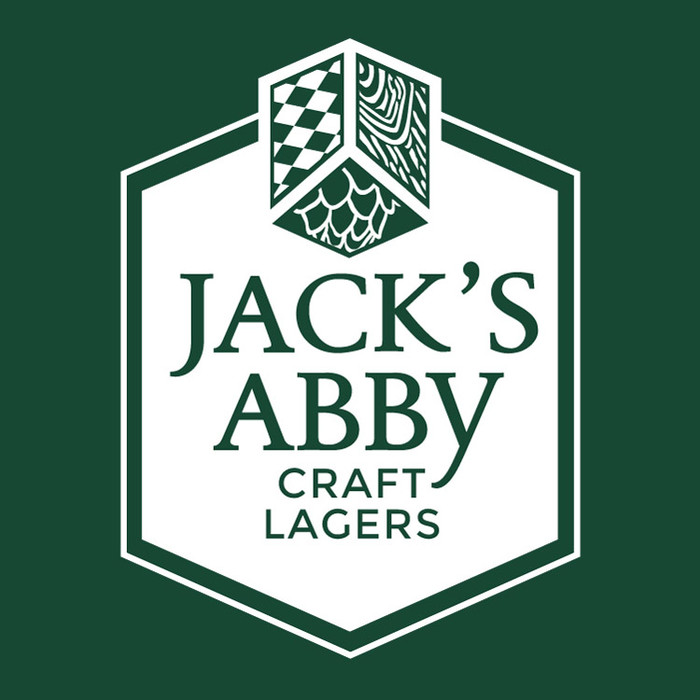In a recent episode of the BeerWise podcast, host Mark DeNote sat down with Jack Hendler, the namesake and brewer behind Jack’s Abbey Craft Lagers in Framingham, Massachusetts. The conversation offers insights into the world of craft lager brewing and Hendler’s vision for the future of American lager beer. As a keynote speaker at the Florida Brewers Conference, Hendler brought his expertise and passion for lager to the Sunshine State, making a compelling case for why more breweries should consider adding lagers to their portfolios.
Hendler’s journey into brewing has unconventional roots—his family’s ice manufacturing business. This background instilled in him a deep appreciation for quality manufacturing processes and an understanding that, like ice, beer is a consumable product that demands the highest standards. “If you could take seriously quality in frozen water,” Hendler explained, “you know how can you translate that to beer.” This philosophy has guided his approach to brewing, emphasizing that beer is something people ingest, and therefore quality must be paramount, both from a safety and flavor perspective.

The evolution of Jack’s Abbey’s beer portfolio tells a story of changing with the craft beer market while staying true to lager brewing traditions. In their early years, they brewed eccentric styles like Imperial Pale Lager (IPL), smoked black lager, and double IPL to establish credibility in a craft beer world dominated by ales. Hendler described this period as “brewing lager for lager’s sake” to change hearts and minds about what lager could be. However, as the brewery matured, their portfolio shifted toward more traditional styles, with approximately half of their current production being Helles and Pilsner beers. This evolution reflects both market demands and the brewery’s growing confidence in traditional lager styles.
One of the most compelling aspects of Hendler’s approach is his commitment to innovation within the lager tradition. Rather than simply recreating European styles, he advocates for creating a distinctly American lager identity. “Do we really just want to be a cover band for German brewers?” he asked rhetorically. “We should be defining what lager beer is here.” This philosophy has led Jack’s Abbey to incorporate American brewing techniques into traditional lager styles. For example, their “Modern Pils” uses cool pooling—a technique borrowed from hazy IPA brewers—to create a Pilsner with intense noble hop aroma without overwhelming bitterness. This represents a fusion of German tradition with American craft innovation.
Hendler’s passion for malt is particularly noteworthy in an era when hop-forward beers dominate craft beer conversations. He’s exploring heritage barley varieties like Steffi, which has been largely discontinued due to lower efficiency but offers superior flavor profiles. “The entire industry the last 50 years has been only thinking about yield and efficiency and modification. They have not been thinking about flavor,” Hendler observed. By working with craft maltsters who are reviving these older varieties, Jack’s Abbey is helping to shift the focus from efficiency to flavor in the barley supply chain. This attention to malt character gives their lagers distinctive profiles that wouldn’t be possible with standardized modern malts.
The formation of Hendler Family Brewing Company, which now includes Wormtown and Night Shift breweries alongside Jack’s Abbey, represents a strategic move to keep craft beer independent while diversifying their portfolio. While Jack’s Abbey remains focused on lager, the umbrella company allows them to offer a wider range of beer styles to different audiences. Hendler emphasized the importance of maintaining each brand’s unique identity and brewing philosophy, noting that they’ve kept the original brewers involved to ensure recipe integrity.

For the future of craft lager in America, Hendler sees tremendous opportunity. While he doesn’t expect lager to outsell IPA anytime soon, he believes craft beer needs “a really strong, viable second option after IPA that should be lager.” Currently hovering around 10% of the craft market, lager has room to grow, potentially to 15-20%. Hendler suggests that this growth will likely start with smaller, taproom-focused breweries before influencing larger craft producers.
Hendler’s closing advice to fellow brewers was simple but profound: “Be humble.” In an industry that constantly evolves, he acknowledged that staying adaptable and open to learning has been crucial to Jack’s Abbey’s continued success. As craft beer continues to mature and consumer preferences shift, this humility and willingness to adapt while staying true to quality principles may indeed be the key to longevity in the brewing business.

